Tony Mauro
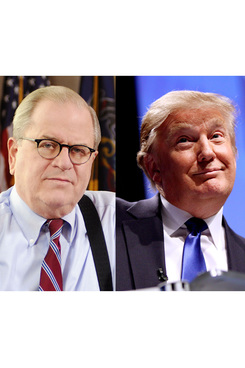
June 13, 2016 | Supreme Court Brief
A Law Prof's Take on Judicial Recusals, the Williams Decision and TrumpRecusal has emerged as an issue in the presidential campaign, in the form of Republican candidate Donald Trump's criticism of Judge Gonzalo Curiel for not stepping aside from the civil suit against Trump University. The high court itself has faced recusal controversies in recent years, prompting calls for justices to be more transparent in explaining why they do or don't recuse in certain cases. Stetson University College of Law professor Louis Virelli III has just written Disqualifying the High Court, a book about recusal that focuses mainly on the Supreme Court but also charts the history of recusal statutes—many of which he believes are unconstitutional. Our conversation with Virelli was edited for length and clarity.
By Tony Mauro
5 minute read
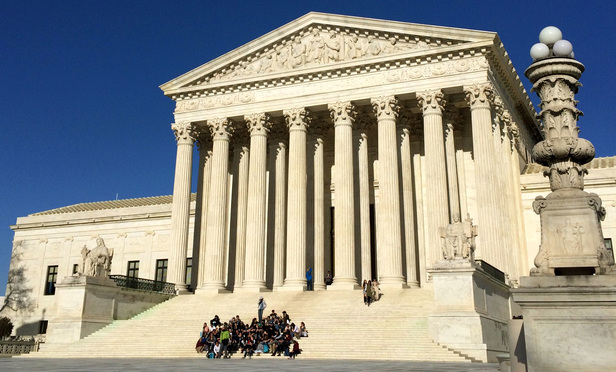
June 13, 2016 | New York Law Journal
Court Says Judges Must Recuse in Cases They Once ProsecutedJudges who had a "significant, personal involvement" in a case during their previous role as a prosecutor must recuse when ruling on the case at a later stage, the U.S. Supreme Court ruled Thursday.
By Tony Mauro
10 minute read
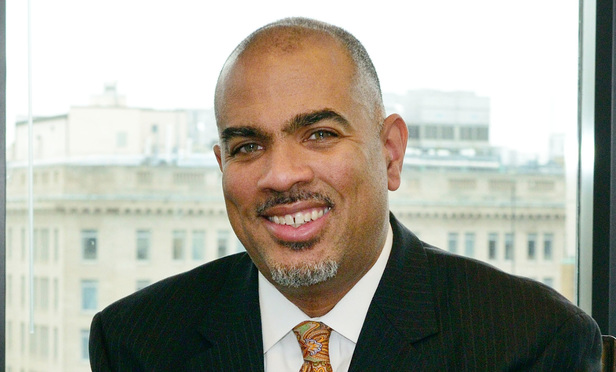
June 06, 2016 | National Law Journal
Fish & RichardsonFish & Richardson's IP practice had a record-setting year in 2015, filing more than 300 patent cases in court and 103 petitions before the Patent Trail and Appeal Board — more than any other law firm, by its count.
By Tony Mauro
9 minute read
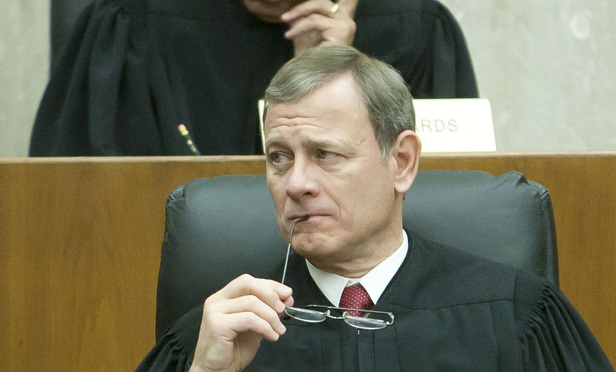
June 06, 2016 | Law.com
Chief Justice Roberts Misses Solo Lawyers With 'Battered Briefcases'In his 11th year as chief justice, John Roberts Jr. is sounding wistful about the days earlier in his career when lawyers who argued before the U.S. Supreme Court and law clerks who worked for the justices were less polished than they are now.
By Tony Mauro
10 minute read

June 03, 2016 | National Law Journal
GAO Report Fuels Support for Cameras in Supreme CourtA recent government report on the long-running debate over allowing broadcast of U.S. Supreme Court proceedings is providing fresh fodder for advocates of greater access to the nation's highest court. The report by the Government Accountability Office does not take sides on the issue, but its fact-finding turned up widespread acceptance of camera access in state, federal and foreign courts.
By Tony Mauro
4 minute read
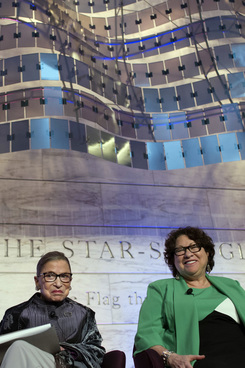
June 02, 2016 | National Law Journal
Food Court: Justices Dish on Supreme Court's Culinary TraditionsJustices Ruth Bader Ginsburg and Sonia Sotomayor regaled an audience with stories about the food traditions of the Supreme Court—and their own culinary likes and dislikes.
By Tony Mauro
8 minute read
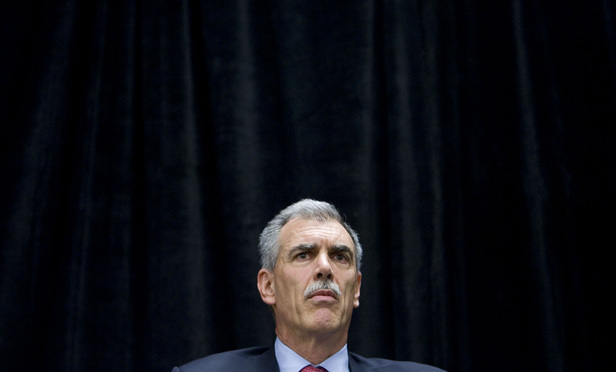
June 02, 2016 | National Law Journal
Chart: Donald Verrilli's Wins, Losses in the Big CasesDonald Verrilli Jr. represented the United States in 38 Supreme Court arguments since becoming U.S. solicitor general in 2011. Here's a look at his wins and losses in some of the biggest cases.
By Tony Mauro
3 minute read
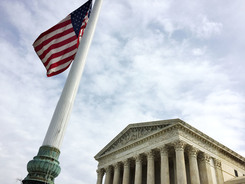
May 31, 2016 | Supreme Court Brief
Supreme Court, Even Without Scalia, Still Favors Property Owners in Environmental CaseEven without the late Justice Antonin Scalia leading the charge, the U.S. Supreme Court showed on Tuesday it can rein in the administrative state and give property owners new pathways to challenge regulators in court.
By Tony Mauro
5 minute read
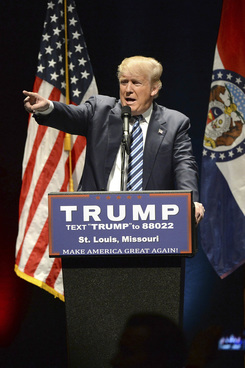
May 31, 2016 | National Law Journal
High Court Rejects Union's Challenge Over Trump Taj Mahal BankruptcyA company that bears the name of presidential candidate Donald Trump on Tuesday won a battle with a labor union over health care and pension benefits that went before the U.S. Supreme Court.
By Tony Mauro
5 minute read
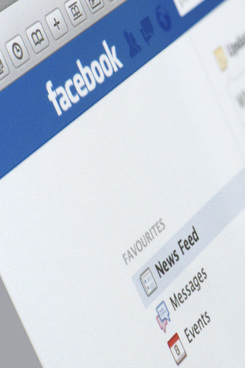
May 27, 2016 | National Law Journal
Illinois Privacy Law, Central to Suit Against Facebook, Faces WeakeningAn Illinois law that has proven a major obstacle for companies such as Facebook Inc. and Google Inc. as they try to expand the use of facial-recognition technology may soon be weakened. Illinois State Sen. Terry Link, who first introduced the Illinois Biometric Information Privacy Act in 2008, on Thursday submitted amendments that would limit its scope in ways that technology companies have argued for in litigation under the law.
By Tony Mauro
9 minute read
Trending Stories
- 1'It's Not Going to Be Pretty': PayPal, Capital One Face Novel Class Actions Over 'Poaching' Commissions Owed Influencers
- 211th Circuit Rejects Trump's Emergency Request as DOJ Prepares to Release Special Counsel's Final Report
- 3Supreme Court Takes Up Challenge to ACA Task Force
- 4'Tragedy of Unspeakable Proportions:' Could Edison, DWP, Face Lawsuits Over LA Wildfires?
- 5Meta Pulls Plug on DEI Programs
More from ALM
- Scan In Progress: Litigators Leverage AI to Screen Prospective Jurors 1 minute read
- Legal Speak at General Counsel Conference East 2024: Match Group's Katie Dugan & Herrick's Carol Goodman 1 minute read
- Legal Speak at General Counsel Conference East 2024: Eric Wall, Executive VP, Syllo 1 minute read



